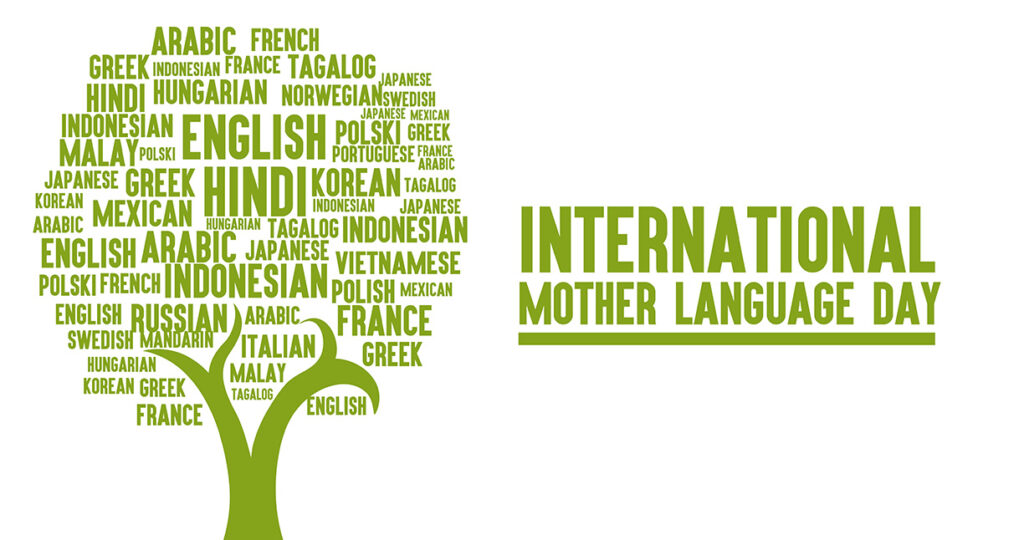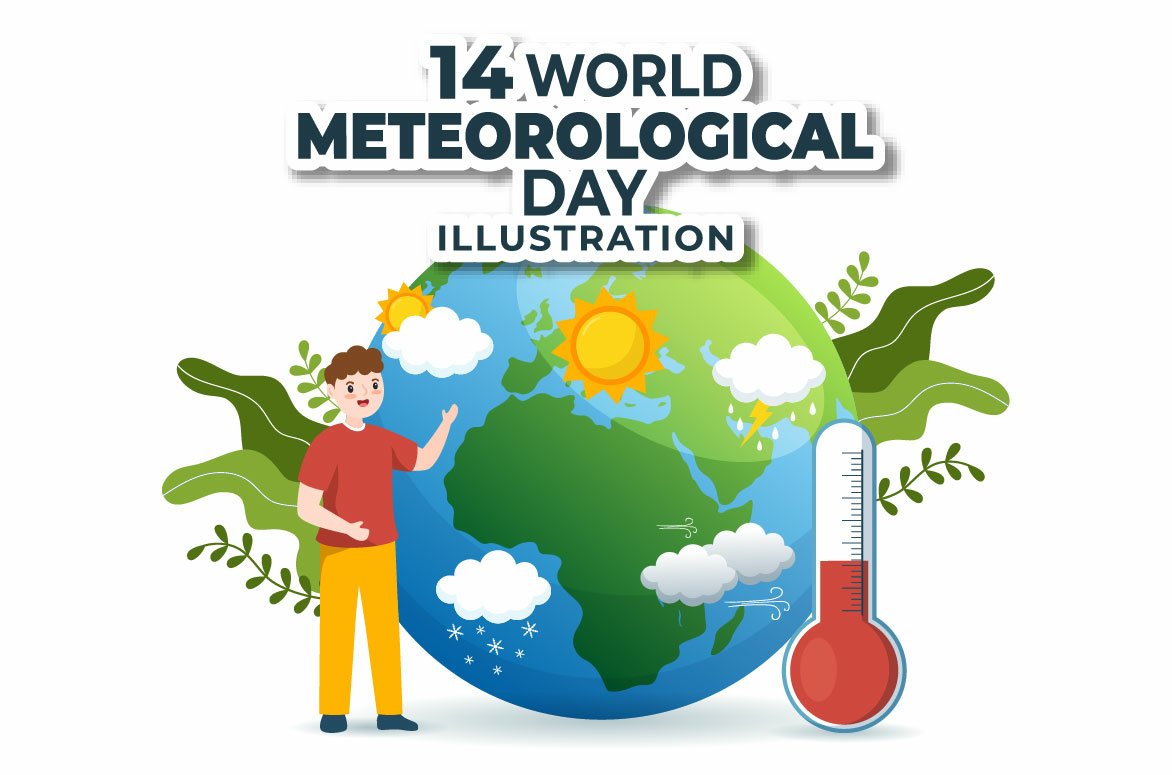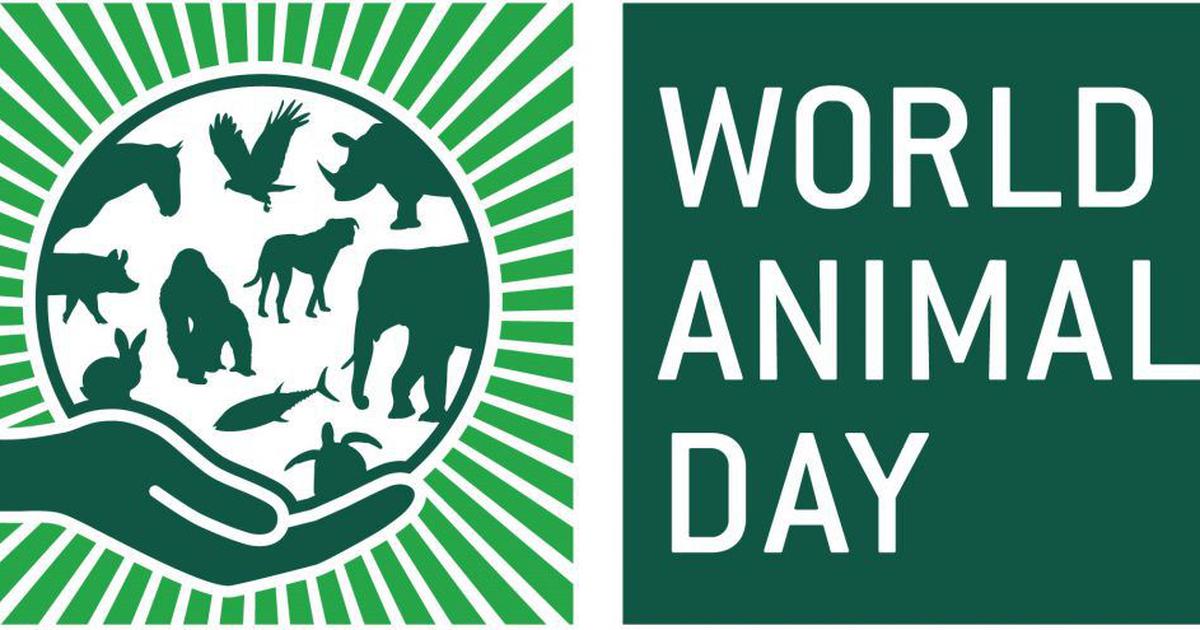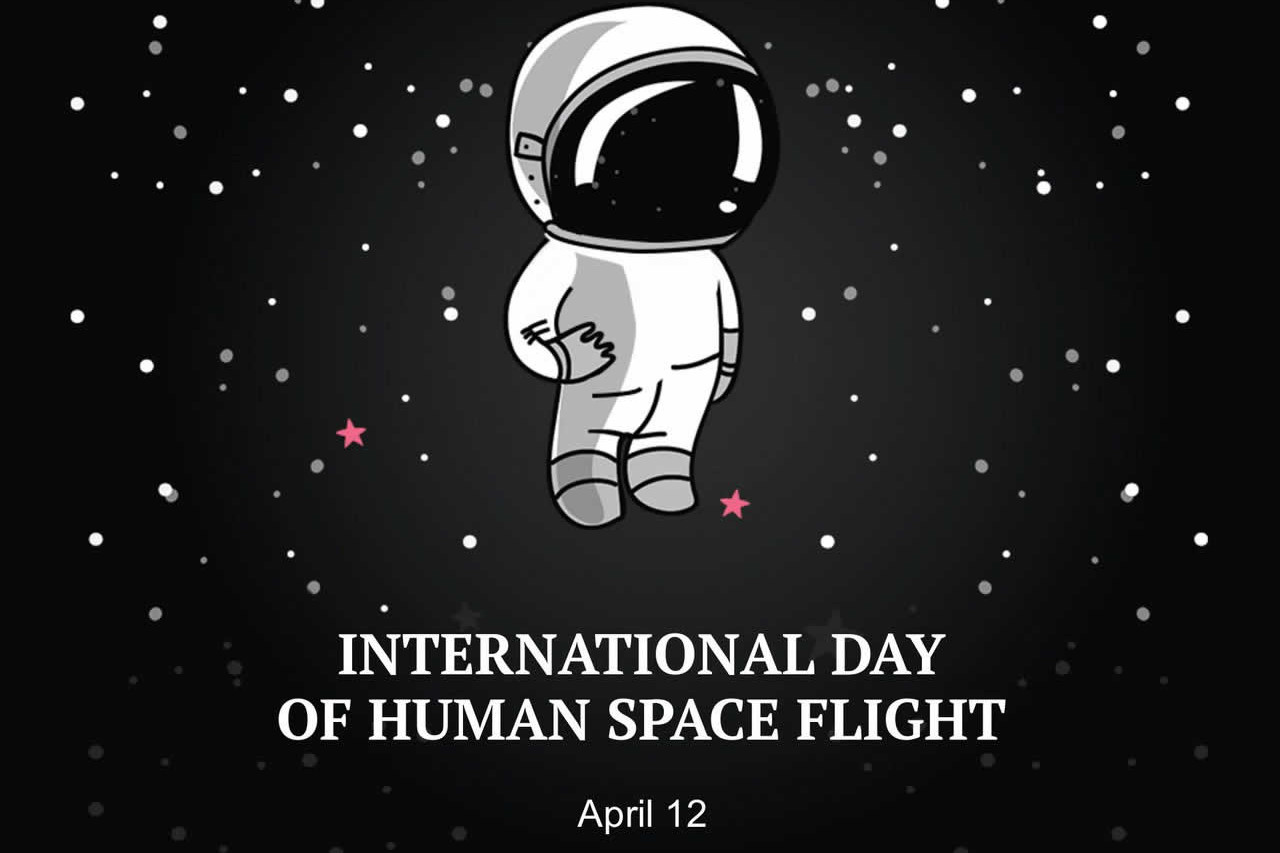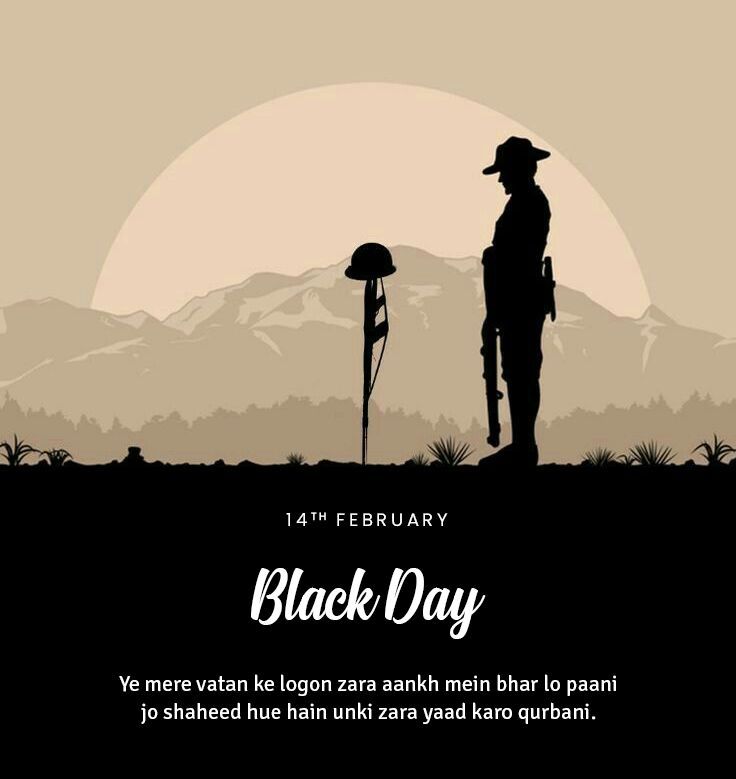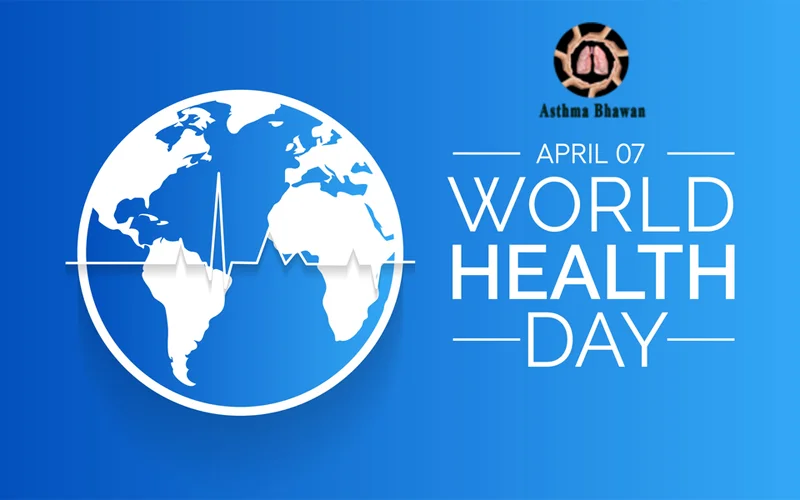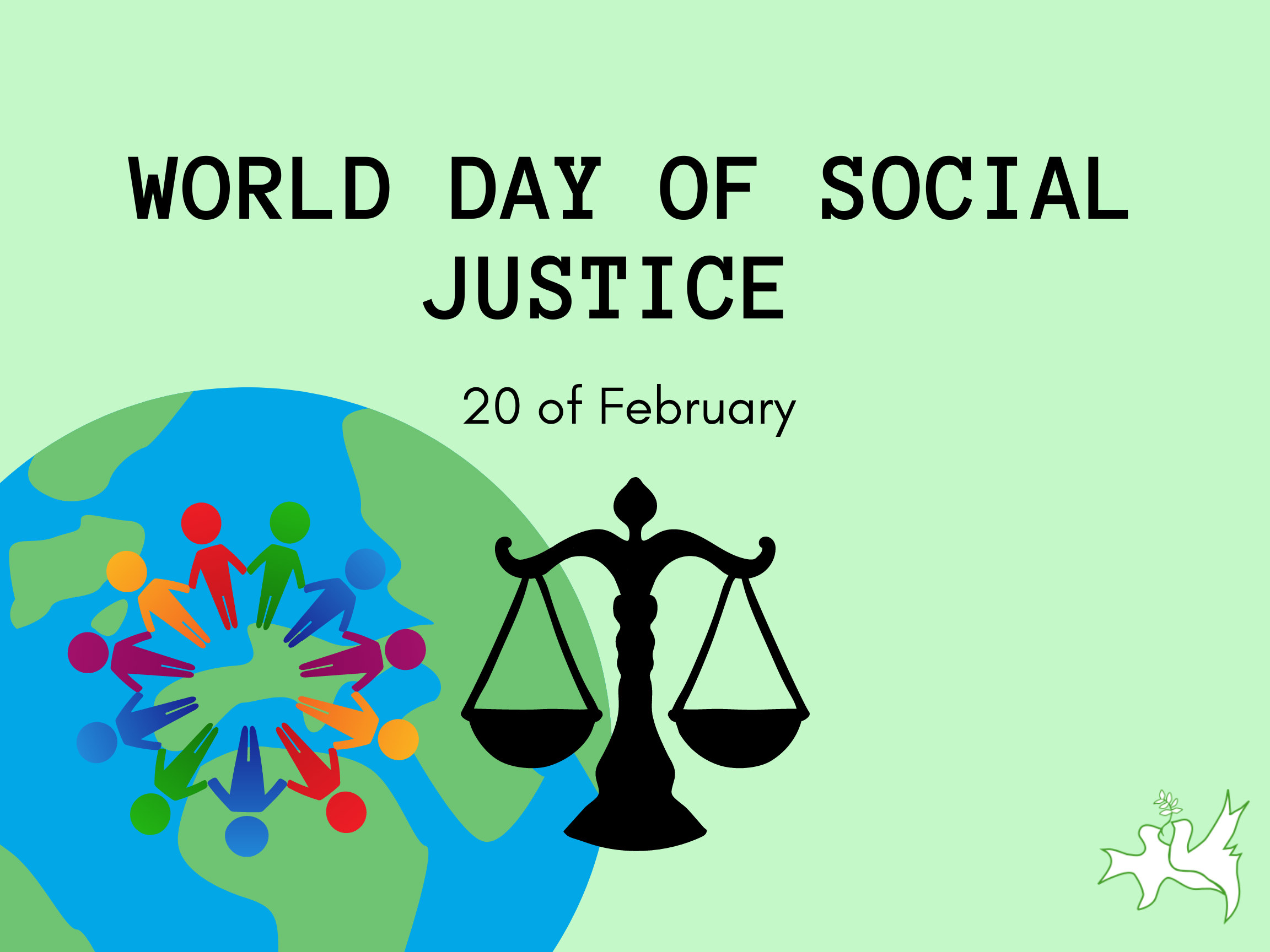
In our continuous quest for a better and more just world, some days carry special meaning to remind us of our shared objectives and ongoing efforts. One such day is February 20th, annually recognized as the World Day of Social Justice. This day is more than just a date on the United Nations calendar; it serves as a powerful reminder to the global community about the importance of fairness, equality, and human dignity.
World Day of Social Justice is relatively new among international observances—it was first celebrated on February 20th in 2009. The United Nations General Assembly established this day through a resolution in 2007 with the primary aim of encouraging global efforts to eradicate poverty, achieve gender equality, and promote broader social justice worldwide. This reflects an acknowledgment that despite significant advances in human civilization, injustices like wealth disparity, discrimination, and lack of opportunities remain widespread. These issues not only obstruct sustainable development but also deeply affect individual dignity and social harmony.
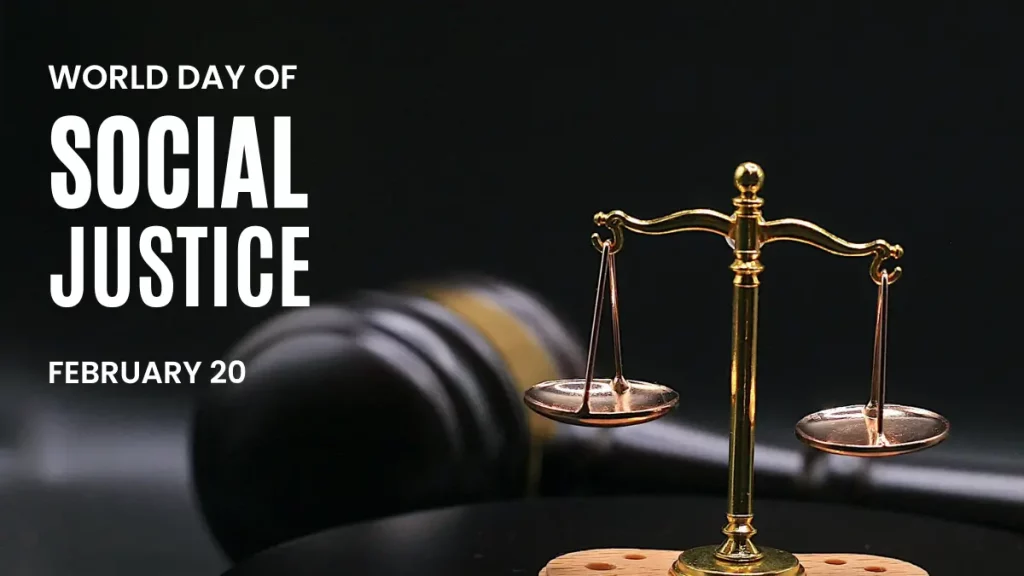
Social justice isn’t an abstract idea; it touches every aspect of life. It means that regardless of one’s background—be it gender, race or belief—everyone should enjoy equal rights, opportunities and resources. It ensures workers get decent jobs with fair wages; vulnerable groups receive necessary protection and support; everyone has equal access to essential services like education healthcare law without discrimination based on poverty or privilege. Social justice forms the bedrock for building peaceful stable prosperous societies.
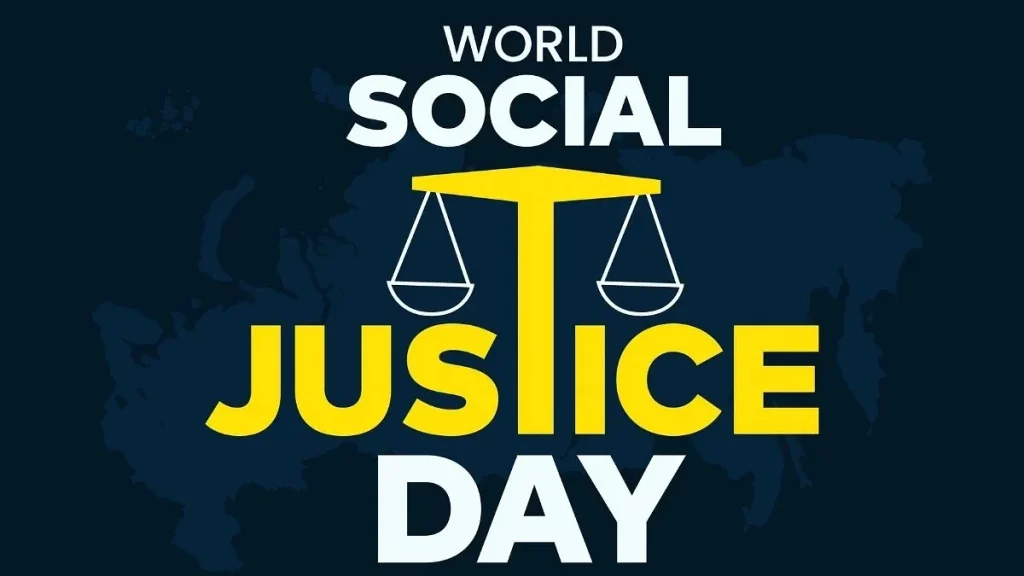
The establishment of World Day of Social Justice signifies a collective commitment by the international community towards this crucial principle. On this day governments UN agencies NGOs academia civil society organize various activities including seminars lectures advocacy campaigns cultural exhibitions aimed at:
- Raising public awareness about social injustices: Highlighting causes effects phenomena like poverty discrimination inequality helping people understand their profound impacts.
- Promoting international cooperation policy dialogue: Offering platforms where countries can share experiences best practices address global challenges related to social injustice.
- Driving tangible actions policy changes: Urging governments adopt measures like eradicating poverty promoting employment protecting labor rights advancing gender equality safeguarding marginalized groups’ rights.
- Inspiring individual community involvement: Encouraging everyone within their capacity oppose injustices spread ideas fairness use actions influence change surroundings.
World Day Social Justice prompts reflection: Reflecting significant injustices still present our planet considering what more we each do eliminate them It’s also hopeful day envisioning global efforts gradually bridging gaps breaking barriers letting society’s light reach every corner warming every life
On this day focus isn’t just macro policies data but those silently suffering due injustice—families below poverty line women facing gender bias marginalized losing opportunities ordinary people fighting basic rights Their stories form most authentic moving essence behind World Day Social Justice
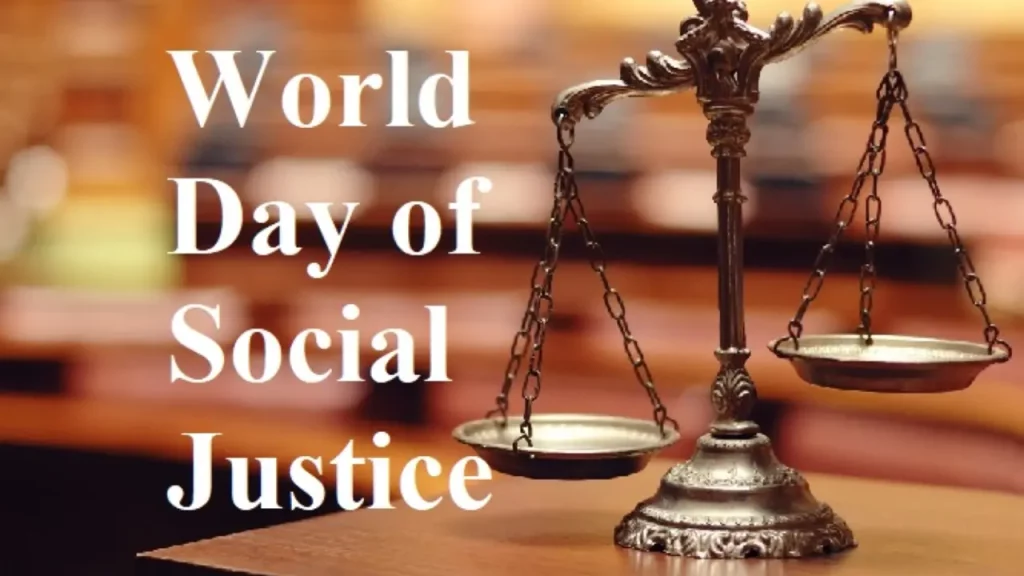
Thus every February 20th marks global solidarity moment reminding us social justice isn’t distant ideal urgent reality vital part UN’s mission fostering inclusive fair sustainable world calling everyone act compassion responsibility collectively build truly just global village
